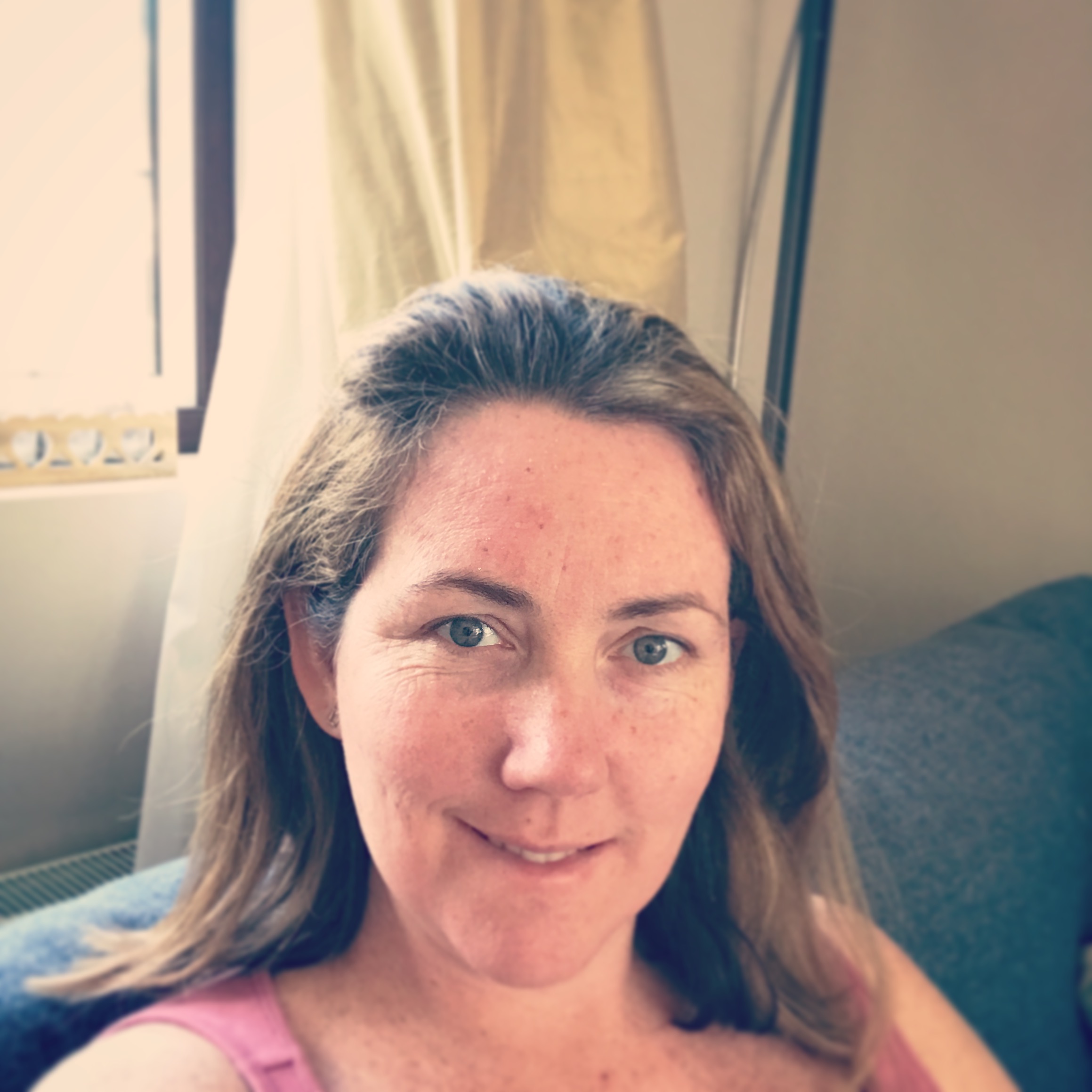Six months after I was diagnosed as autistic at the ripe old age of 42, I had an epiphany on the train as I made my way into work (this was before Covid). I had been thinking about my recent diagnosis, and why that had been so important to me. Before going for an assessment I had questioned myself about whether it would make a difference or not. After all, I was no spring chicken.
As I sat on the train I realised that my diagnosis gave me the courage to be open about the things that I struggled with and helped to inform discussions about the changes that I needed in order to become the person I was meant to be.
I needed to feel empowered to talk to the people around me. To acknowledge the things that I struggled with, without feeling like I was coming up short or failing in some way. To be able to say "yes, I do struggle with this .... now, how do we work together to work around it". A change from the old perspective of "I will work hard to change who I am, and try to improve in the future"
yes, I do struggle with this .... now, how do we work together to work around it
I have the language to help me explain to people why I struggle. It is not that I choose to be difficult ... in fact, I want the complete opposite but often can't control it. In the words of Lady Gaga, I was born this way. My brain is wired differently and my ability to cope in certain situations requires a huge amount of effort which people don't see.
Suddenly I thought about mountain climbing - not that I have ever climbed a mountain. To me it seemed that living without a diagnosis and self-understanding was a bit like trying to breathe as you climb a mountain. The higher you go ... the harder it is to breathe. This is because the air gets thinner and you need to work harder to get the air in. From the outside nothing looks different - you are still a person breathing air - but you tire so much more easily and your ability to hold a conversation can be impacted. What is more not everyone will start to struggle at the same time. Someone with a greater lung capacity can reach altitudes with relative ease compared to someone with a lower lung capacity.
Climb high enough, and you may need oxygen tanks to help you breathe. Without this help, your ability to function will come to a stop and you will collapse. Even once you descend, you may continue to be impacted for a while as you recover from the lack of air.
This is what it is often like for me. The more complex the situation (large gatherings of people, group discussions, conflict resolution, dealing with differences of opinion), the harder it is for me to function. This can often lead to me losing the ability to hold a conversation and think clearly. If pushed I am likely to become confrontational.
It is a physical limitation, not something I choose to do. I can’t switch it on or off, just like people can’t force themselves to breathe when the air is thin.
Some days I just need a little time to acclimatise, other days I may need extra support to help me breath and sometimes I may need to work my way back so that I can catch my breath.
No longer do I feel like the solo mountain climber facing the elements on my own. I now have my support crew who know the tracks of the mountain, can help me plot my journey and are able to step in to support me when I most need it.


